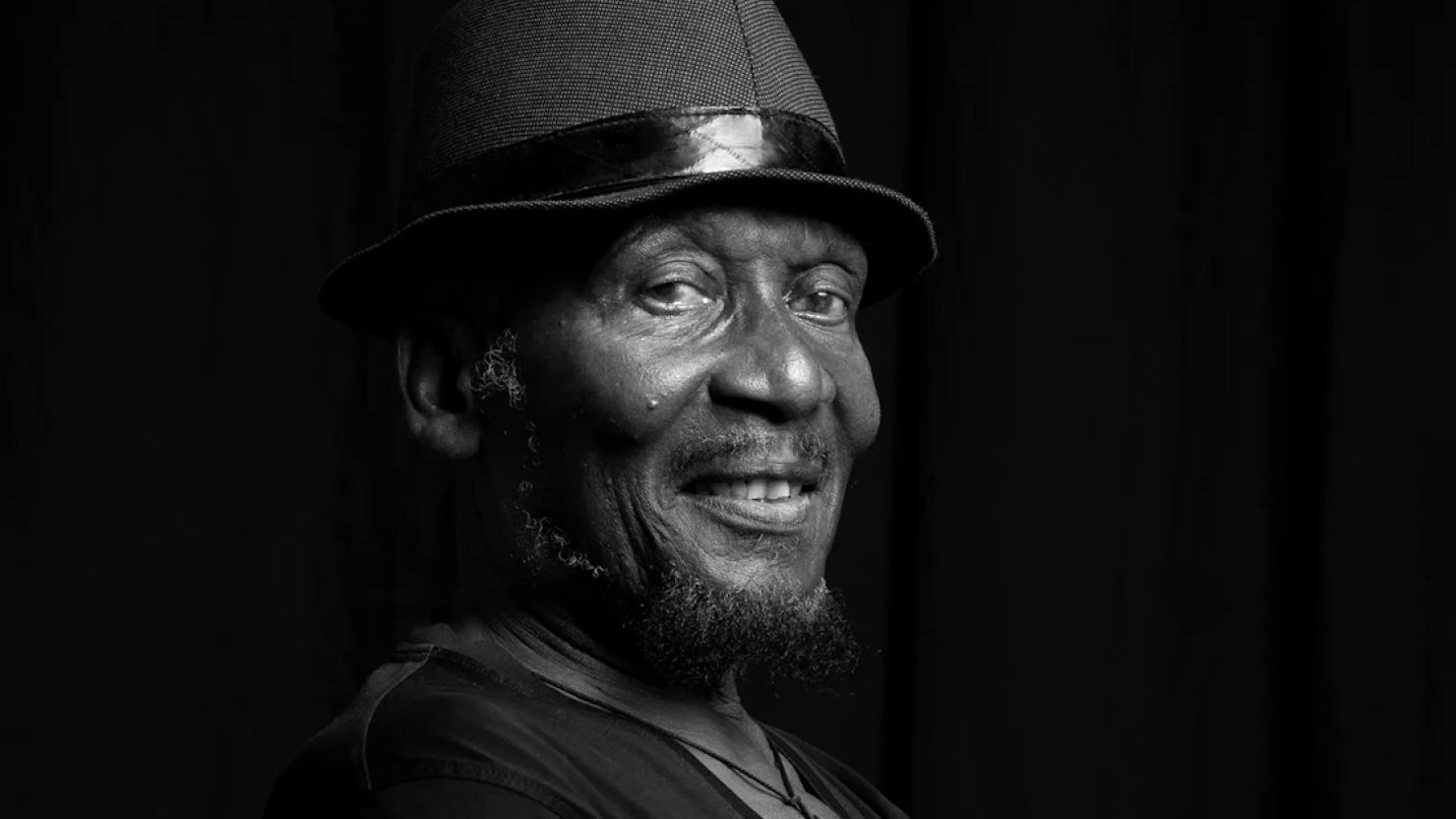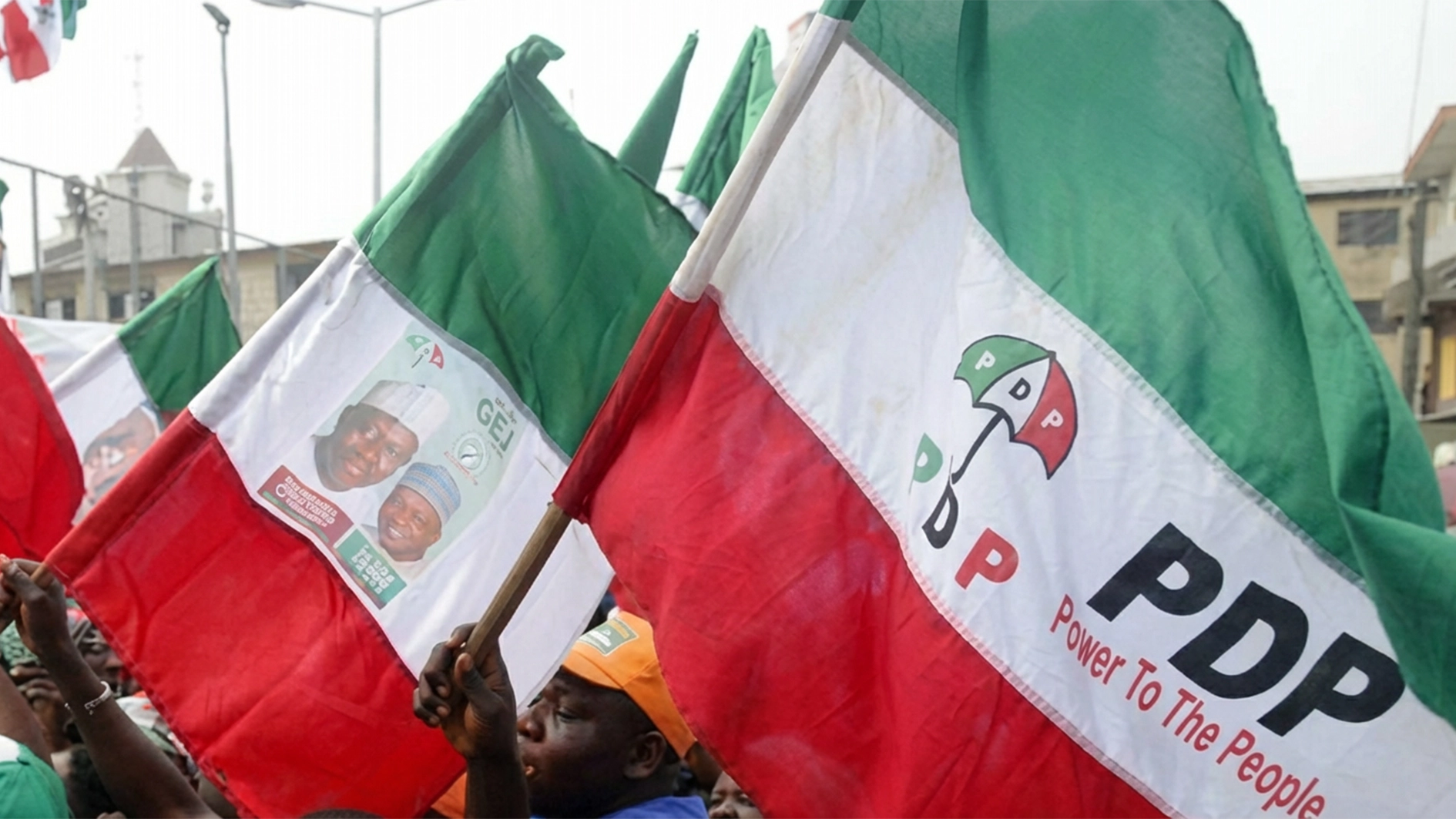There are several compelling reasons why the demands of protesting retired soldiers in Nigeria should be met. These reasons are rooted in justice, national security, humanitarianism, and socio-economic stability. Therefore, the Defence Headquarters’ (DHQ) recent warning of retired military personnel protesting the non-payment of demobilisation allowances and other entitlements is misdirected and should be reversed.
The army authorities have stated that the demands of the protesting officers lack merit and cannot be met due to certain government policies and timelines. It further stated that their continued protest is baseless. This is not a suitable consideration for former soldiers who have made great sacrifices, including paying the supreme price, for the country.
Peeved by the non-payment of their demobilisation allowances and other entitlements, scores of retired military personnel had on several occasions blocked access to the main gate of the Federal Ministry of Finance in Abuja, demanding the payment of their outstanding entitlements.
However, the DHQ has described blocking access to the Ministry of Finance as disruptive to government operations, arguing that the protesting soldiers were not entitled to the benefits they were demanding.
It explained that, before the implementation of the new minimum wage, there were two charts for calculating soldiers’ gratuity and debarment allowances. The first chart was the pre-minimum wage chart, which was effective from January 1, 2024, to July 28, 2024, and was used to calculate the emoluments of some retired military personnel. The second chart is the real minimum wage chart, which took effect from July 29, 2024, to date.
The DHQ clarified that the new minimum wage policy, which took effect on July 29, 2024, cannot be applied retroactively to the retired protesting soldiers who left service before this date.
Despite pleas and clarifications from the DHQ, the protesting retired soldiers have refused to budge or vacate the gate and premises of the Ministry of Finance, insisting that their gratuities, debarment allowances, and other dues must be paid.
Under Nigerian laws such as the Military Pensions Board Act 1979 and the Pension Reform Act 2004 (as amended in 2014), the protesting soldiers are entitled to pensions, gratuities, and other retirement benefits. According to the criteria for calculating gratuities, which include the soldier’s rank at retirement, the retiree must have completed 10 years of service (for officers) or 15 years of service (for soldiers/airmen/ratings). Most of the protesting soldiers, if not all, have met these criteria.
Therefore, the failure to pay their gratuities amounts to a breach of contract and undermines the rule of law.
As regards whether or not the new minimum wage policy, which took effect on July29, 2024, should be applied retroactively to the retired soldiers, it could be argued that, since the laws, contracts, or regulations governing the gratuities and entitlements of retired soldiers clearly define how they are to be calculated (e.g., based on “basic pay at the date of retirement” or some other rank classification), the new minimum wage should not apply to them because doing so might violate legal certainty or contract law. It may be true that if there is no law or court ruling that mandates the recalculation of gratuities and entitlements when the minimum wage changes, then applying the new minimum wage might be subject to legal challenges.
However, considering the spiraling inflation and high cost of living in Nigeria at the moment, equity and fairness dictate that the soldiers’ gratuities and entitlements be calculated under the new minimum wage. Given today’s inflationary trend in Nigeria, the new minimum wage of only N70,000 is nothing to write home about. But using it to calculate the soldiers’ entitlements could at least lead to a more just outcome.
In fact, under the Pension Reform Act 2014, the minimum pension is linked to the national minimum wage. Therefore, if the pension payable falls below the minimum wage, adjustments are supposed to be made so that no pensioner earns below the national minimum wage.
In any case, given the status of retired soldiers, it is politically and morally persuasive to ensure their terminal benefits keep pace with the national minimum wage and national living standards. More importantly, the protesting retired soldiers have risked their lives to defend the sovereignty, territorial integrity, and internal security of Nigeria. Many have sustained life-altering injuries or psychological trauma, such as Post-Traumatic Stress Disorder, while in service. Shall the country now begrudge paying them a living gratuity and entitlements to enable them to eke out a decent living? The answer is No. They have sacrificed their lives for Nigeria. Therefore, Nigeria cannot turn around to abandon them. Humanitarianism dictates that those who have sacrificed their lives for Nigeria should be well looked after in old age or retirement.
The truth of the matter is that how retired soldiers are treated affects the morale of those currently serving. If serving soldiers see their predecessors abandoned, it can lower their motivation, loyalty, and willingness to make sacrifices. Many retired soldiers face poverty, homelessness, or health problems due to unpaid entitlements. Neglecting retired soldiers can breed resentment and unrest, which may threaten national security. Disgruntled ex-soldiers could be vulnerable to recruitment by criminal or insurgent groups, given their military training.
Therefore, providing benefits to retired soldiers improves their quality of life, reduces their dependence on public welfare, and contributes to the economy as they can spend on goods and services. It also reduces the burden on families and communities who struggle to support our retired soldiers.
Treating them with dignity aligns Nigeria with international standards and improves the country’s human rights image. Finally, it demonstrates gratitude, fairness, and respect for the armed forces, reinforcing public trust in government.






